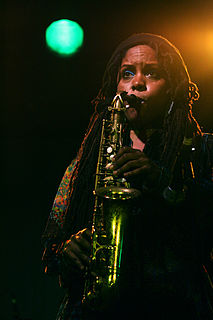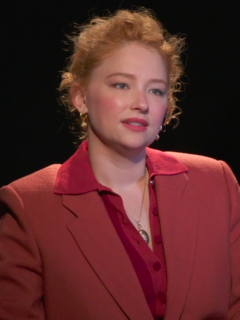A Quote by Anna Biller
Cinema can transform pain and trauma into something beautiful.
Related Quotes
If we take a hard look at what poverty is, its nature, it's not pretty - it's full of trauma. And we're able to accept trauma with certain groups, like with soldiers, for instance - we understand that they face trauma and that trauma can be connected to things like depression or acts of violence later on in life.
The opposite of addiction is human connection. And I think that has massive implications for the war on drugs. The treatment of drug addicts almost everywhere in the world is much closer to Tent City than it is to anything in Portugal. Our laws are built around the belief that drug addicts need to be punished to stop them. But if pain and trauma and isolation cause addiction, then inflicting more pain and trauma and isolation is not going to solve that addiction. It's actually going to deepen it.
... don't ever underestimate people, don't ever underestimate the pleasure they receive from viewing pain that is not their own... Pain by itself is just Pain. But Pain + Distance can = entertainment, voyeurism, human interest, cinéma vérité, a good belly chuckle, a sympathetic smile, a raised eyebrow, disguised contempt.
The main thing that I've learned, artistically, is that if I'm in pain and feeling the budding of anger - if I absolutely feel like I need to write a song about it, I'll either need to transform that anger into something positive, or I'll just need to throw the song away. Because eventually, I'm going to want to transcend that pain and that anger.
































